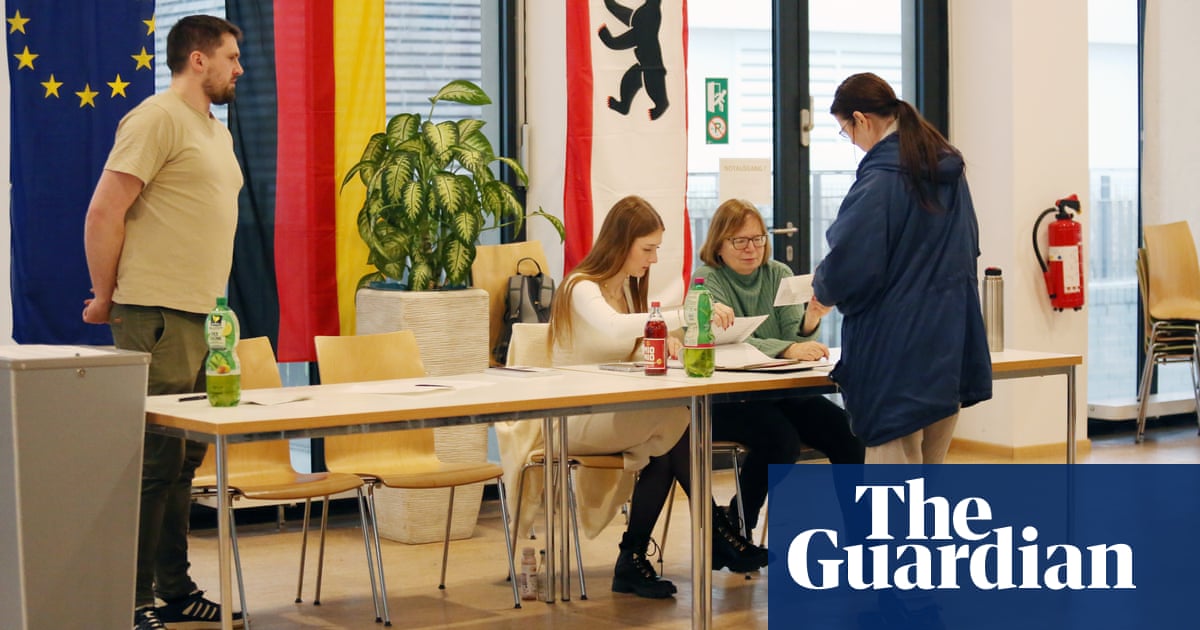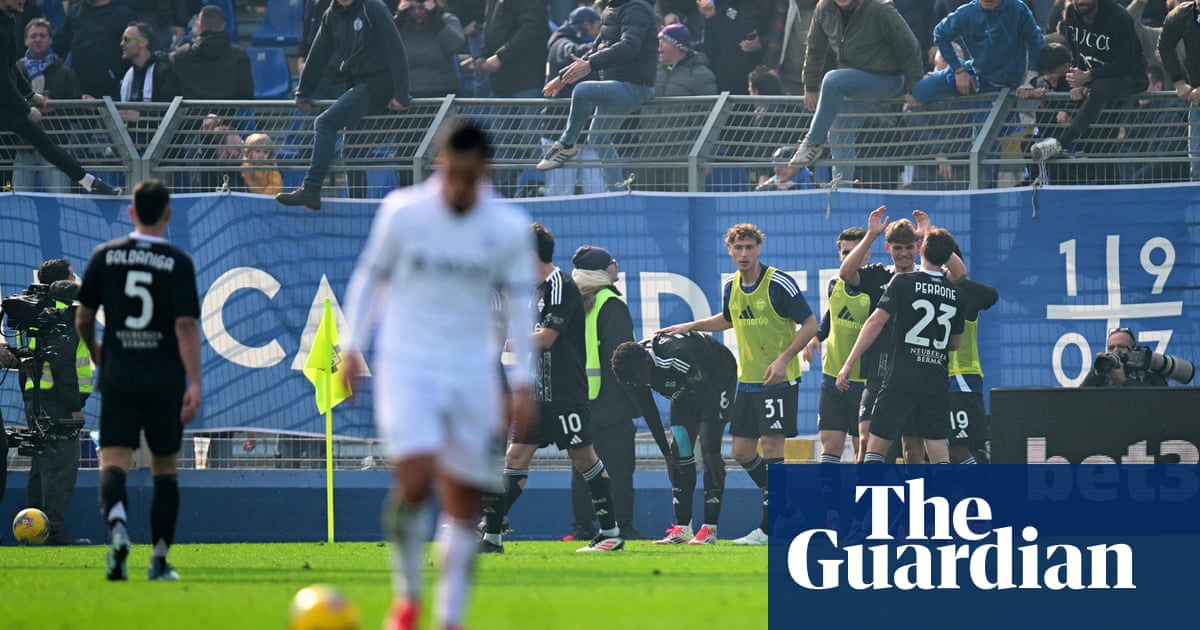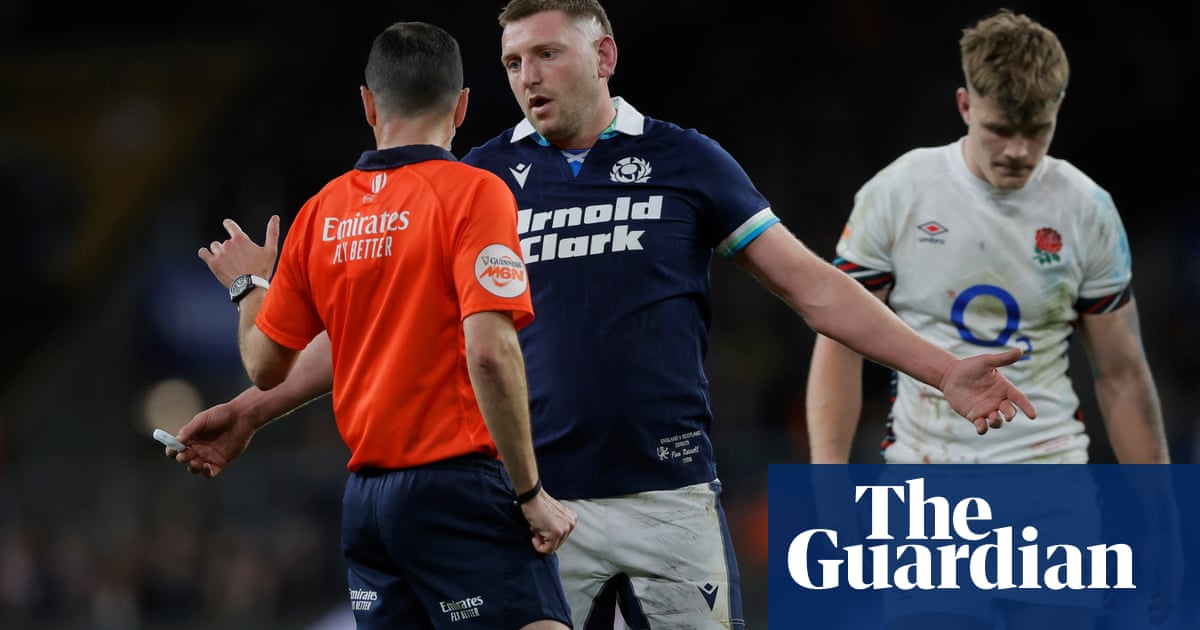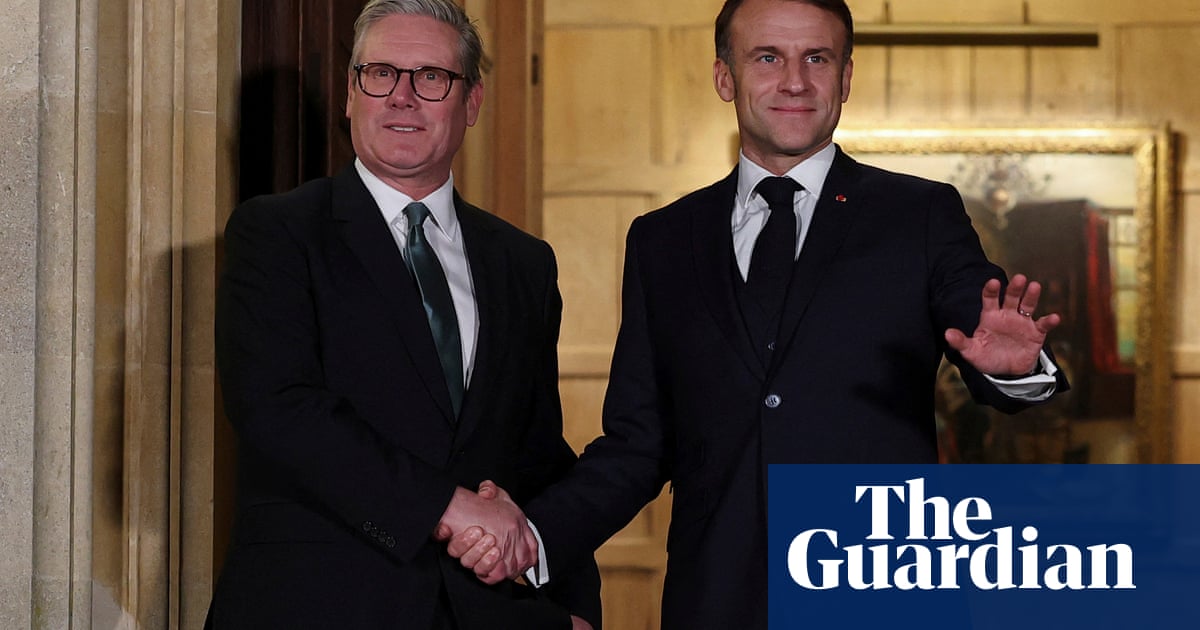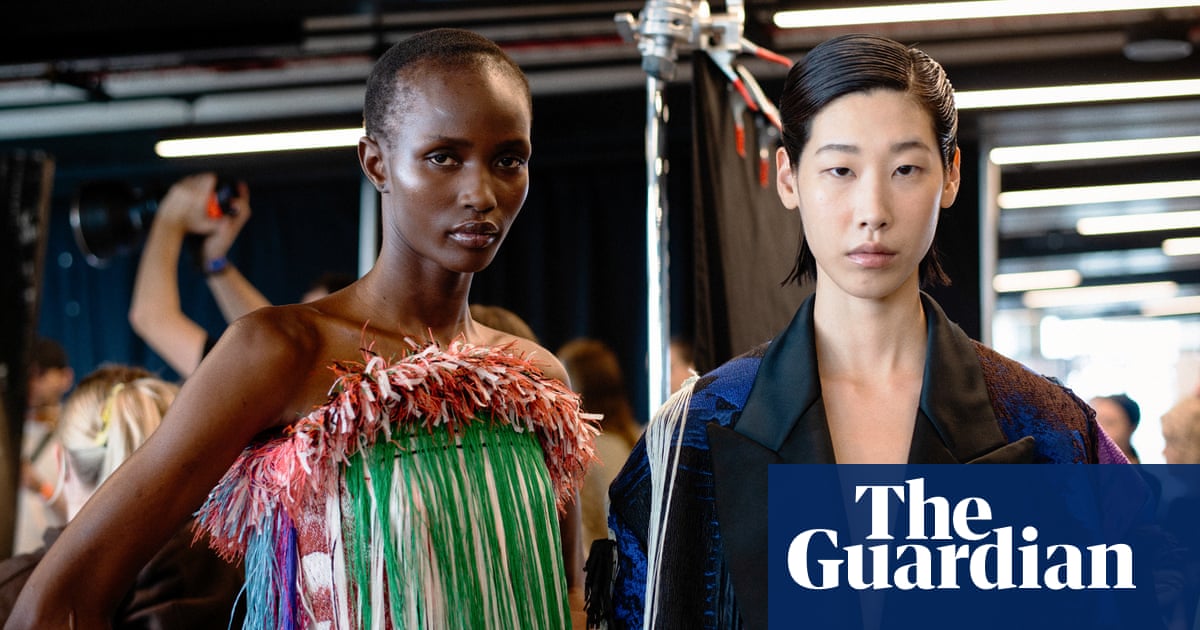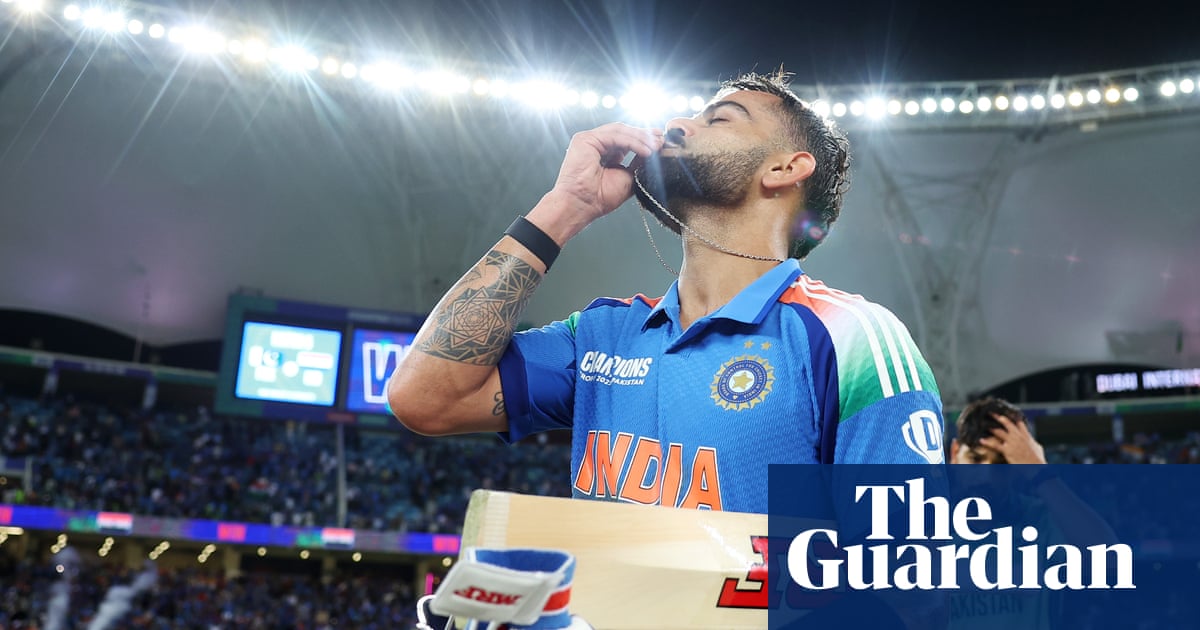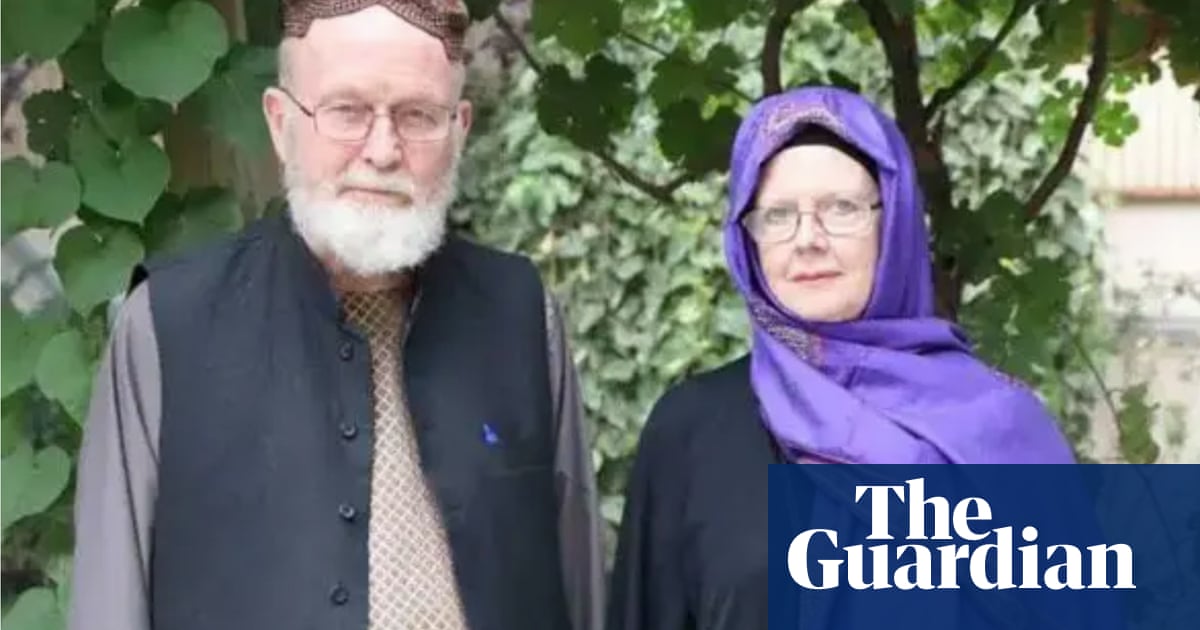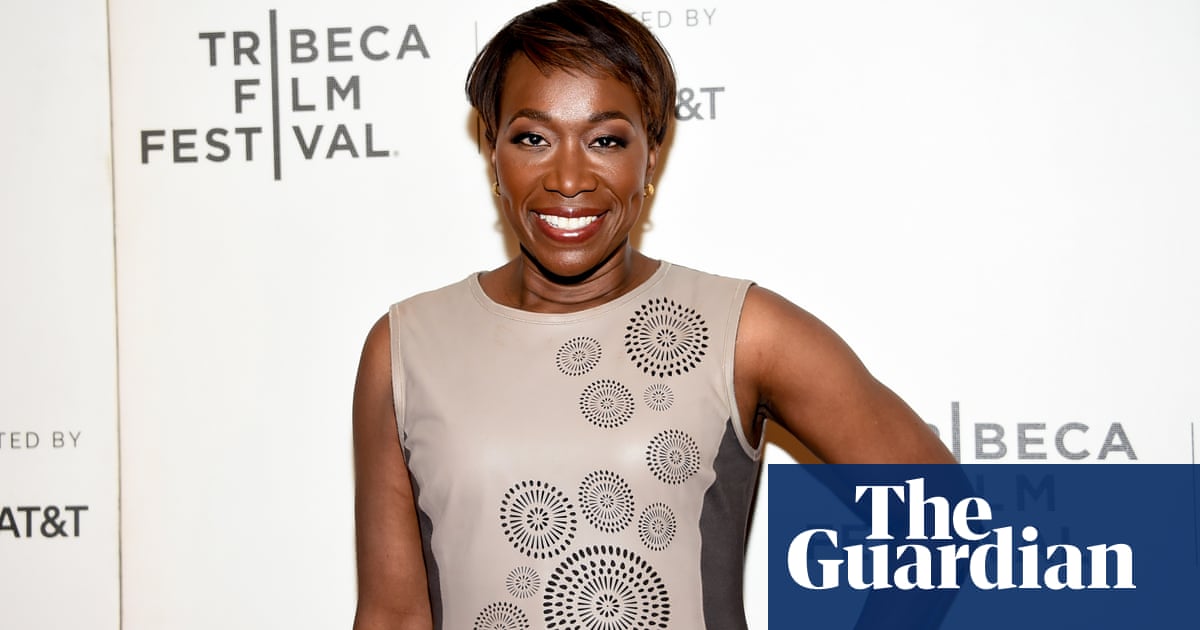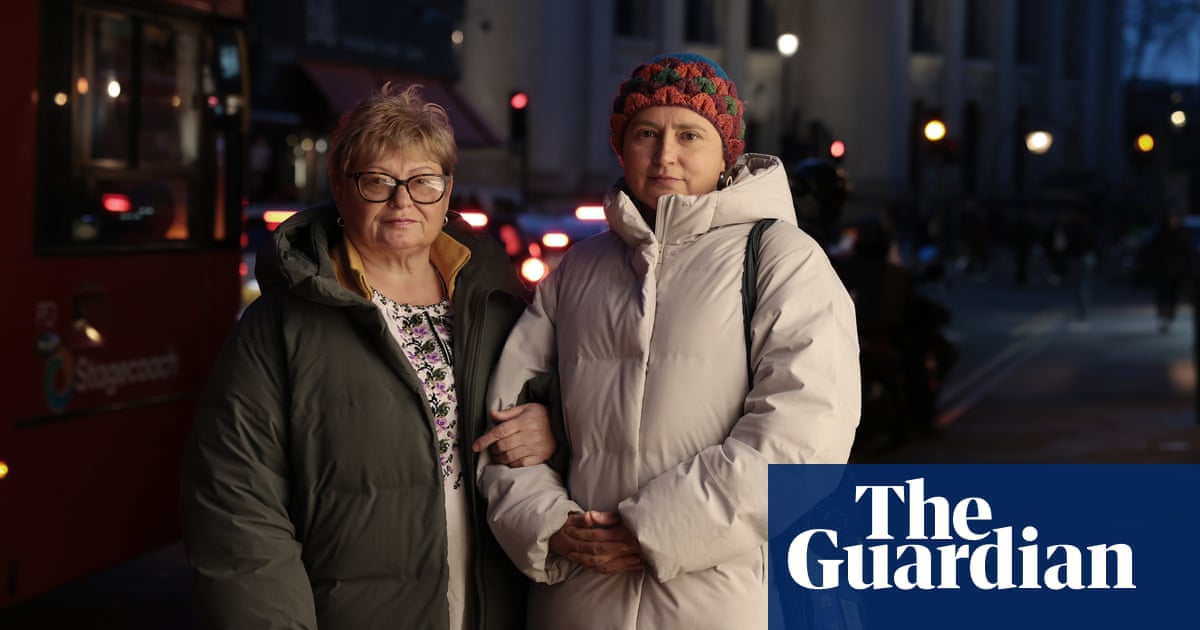Gale force winds gusting across the North Atlantic Ocean kicked up thick spumes of spray from the heaving swell soon after the Ocean Crest and Carmona trawlers left the main Irish fishing port of Killybegs in County Donegal. No other boats were fishing in the area when the storm swept over Ireland’s north-west coast. This was February, and the window for catching migrating mackerel was quickly closing but the two trawlers had yet to fill their quotas.
“This weather is about the limit of what we can fish in,” said skipper Gerard Sheehy as the nose of the Ocean Crest plunged into the trough of a swell, sending a wall of white water crashing over the hull and wheelhouse windows, momentarily obscuring the view before the vessel tilted back upwards into an oncoming wave.

-
Skipper Gerard Sheehy (centre) with his crew aboard the Ocean Crest in February
Sheehy has a tattoo along the lines of the Irish fishing maxim: “Fail We May, Sail We Must.” The mantra seems apt now, nine months later, at a time when Ireland’s fishing industry faces a profound crisis.
The quotas of fish allowed to be caught in Irish waters have been cut following the significant change in trade rules triggered by Brexit, which has disadvantaged Irish fishers. Many in the industry now believe they are witnessing the beginning of the end of their livelihoods. Not for the first time, they are pinning the last of their hopes on politicians.



-
Crew onboard the Ocean Crest and Carmona working in stormy conditions in February to fulfil their catch quotas before the mackerel migration season ended
While a national housing crisis and immigration policies are the two most pressing issues facing Irish voters ahead of general elections on Friday, Fine Gael, Ireland’s main political party, has for the first time addressed key concerns of the fishing industry in its general election manifesto. Ireland’s other political parties, including Fine Gael’s two main rivals, Fianna Fáil and Sinn Féin, have also included fishing industry proposals in their election manifestos.
“Politicians are finally waking up to the grim reality facing Irish fishing,” says Brendan Byrne, CEO of the Irish Fish Processors and Exporters Association.

-
Gulls trail the Eblana, another Irish trawler, in the Irish Sea
Although fishing is a small industry in Ireland, it has been the economic backbone of many coastal communities, even as it has steadily contracted over the years.
As part of Britain’s withdrawal, the EU transferred back 25% of its fishing rights in British waters. That significantly limited Irish vessels in the numbers of fish they were allowed to catch – an estimated annual loss of €43m (£36m), making Ireland one of the European nations most affected by Brexit.
About 40 Irish fishing vessels were scrapped last year as part of a voluntary government decommissioning plan introduced after Britain withdrew from the European Union. This means that in the past 20 years, the Irish fishing fleet has shrunk from 400 boats down to 120, industry officials say, citing figures provided by the Irish fishing fleet register.

-
A scrapyard in New Ross where newly decommissioned fishing vessels are torn apart
The latest blow to the industry came in September when the International Council for the Exploration of the Sea recommended that Ireland’s 2025 mackerel quotas be slashed by another 22%, a proposed move that some Irish fishers say would finally destroy the country’s struggling pelagic fish processing sector.
Processing plants in Killybegs usually work for up to five months each year but were lucky to work six weeks in 2024, according to Byrne, who says production was down more than 60% compared with 2023.
Patrick Murphy, CEO of the Irish South and West Fish Producers Organisation, says: “Political parties and politicians are seeing the figures now and they’ve realised the fishermen aren’t lying.



-
In Killybegs, Ireland’s largest fishing port, fish processing plants are struggling, with production in the town down by 60% compared with 2023, according to Brendan Byrne
“It will be terrible if the European country with the richest fishing grounds ends up with the poorest fishermen. The politicians will be asked how they allowed that to happen.”
Fine Gael’s manifesto supports appointing a dedicated minister of state for fisheries, and a review of the EU common fisheries policy (CFP). These were among the proposals put forward in a 10-point plan by the Seafood Ireland Alliance, comprising five separate fishing industry organisations that joined forces this year to unify their message.

-
A crew member hoses down the deck of the Eblana in the Irish Sea

-
‘Worrying times’: the Carmona trawler heads out during a storm
Nina Carberry, a Fine Gael member of the European parliament, has promised to explore potential solutions in Brussels to allow Irish fishing to return to sustainability. This would include renegotiating the CFP to secure a fairer agreement for Ireland, and a fairer distribution of quotas. “I will continue to apply pressure to the new commission and our UK counterparts and I hope both sides show a willingness to reassess the terms of the current fisheries chapter,” she says.
Leaders of the Seafood Ireland Alliance are optimistic about the growing political will to tackle major challenges, but some fishers, including Ocean Crest skipper Sheehy, remain cautious about promises made during an election cycle.
“These are still very worrying times,” Sheehy says this week, before heading out to sea again. “Politicians are making promises, sure, but we’ve heard all that chat before.”

-
About 40 Irish fishing vessels were scrapped last year as part of a voluntary government decommissioning plan introduced after Brexit

 2 months ago
49
2 months ago
49
